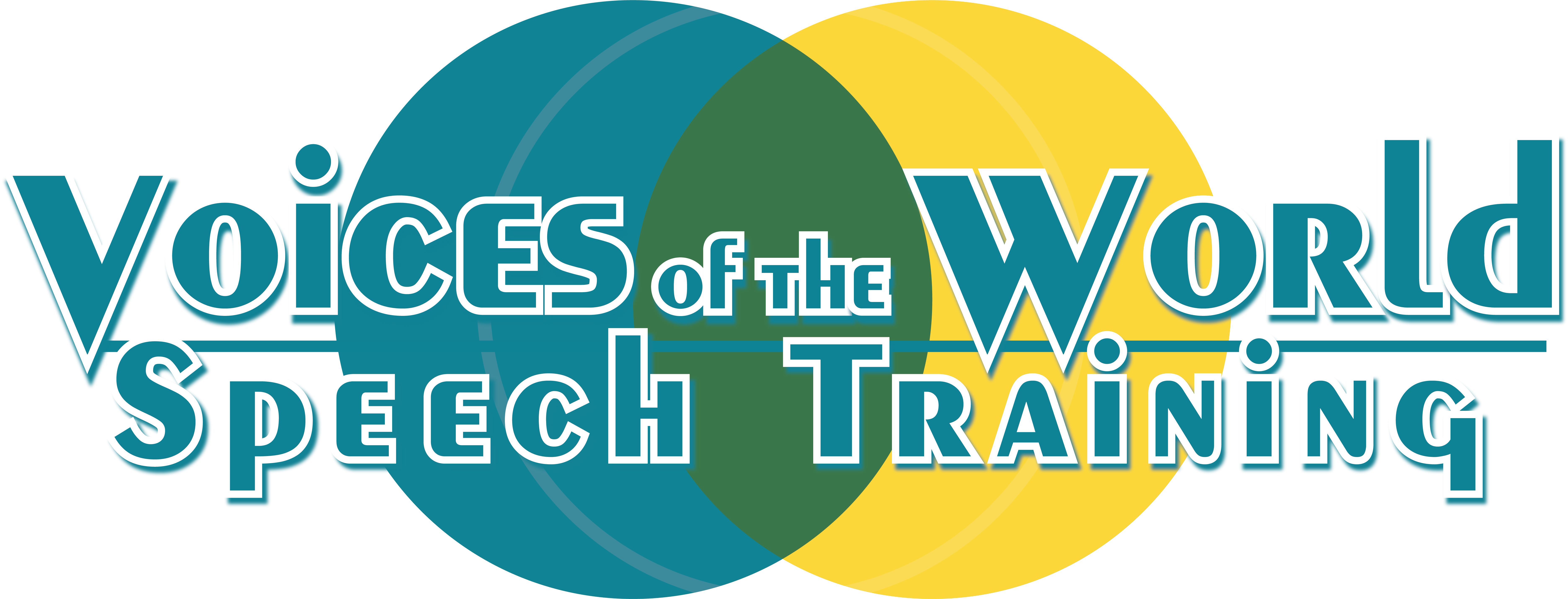24 May Tools of the Trade
Meet my best buddy, Mr. Mouth. Creepy? Yes. Useful? Couldn’t possibly live without him. You can probably tell that this mouth is well loved. I didn’t quite realize how ragged he looked until I took a picture of him to send to a friend. What makes...










